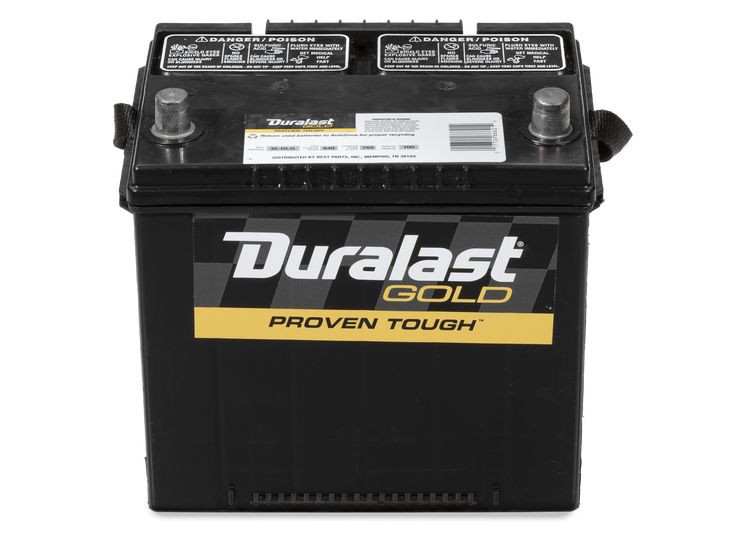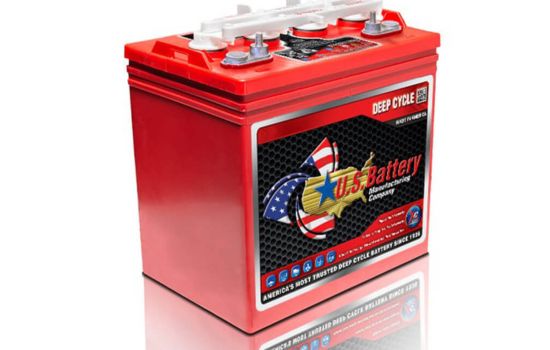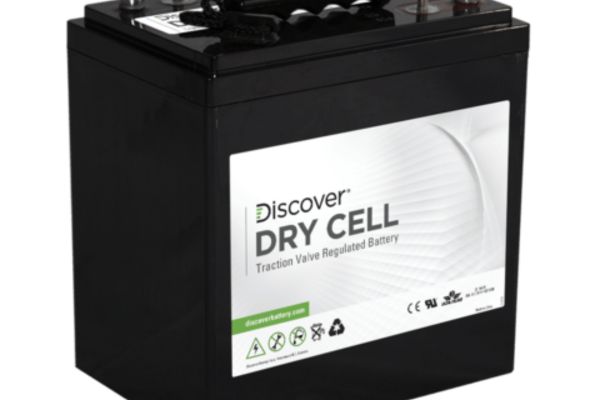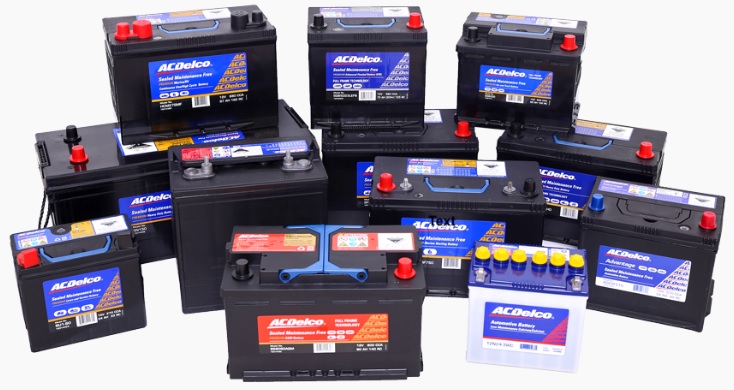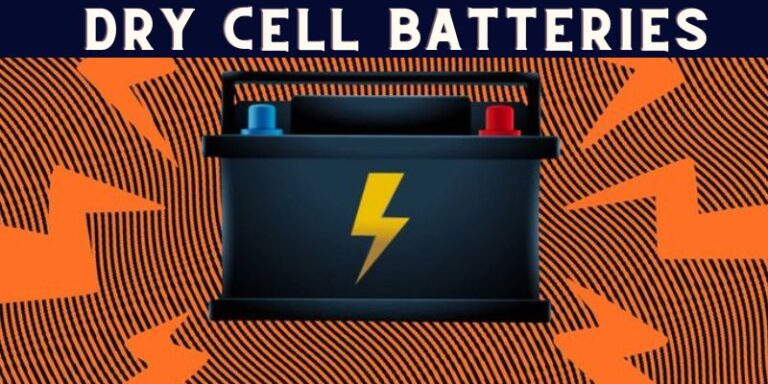Supercharge The Wonders of 12V Dry Cell Batteries
Contents
What 12V Dry Cell Batteries
Supercharge The Wonders of 12V Dry Cell Batteries?12V dry cell batteries are a type of portable power source renowned for their efficiency, reliability and versatility. The “12V” designation indicates their nominal voltage output, making them well-suited for applications requiring a steady and consistent power supply.
Due to their compact size, extended shelf life and relatively low self-discharge rate, 12V dry cell batteries have become indispensable in modern life, providing the energy needed to keep devices running efficiently.
Primary Features Of 12V Dry Cell Battery
- Voltage Output: Provides a consistent 12-volt output, making it suitable for devices that require a steady power supply.
- Compact Size: Compact and portable design allows for easy integration into various devices without adding significant bulk.
- Maintenance-Free: Unlike wet cell batteries, dry cell batteries don’t require periodic fluid checks or maintenance, contributing to user convenience.
- Leakage-Free: The absence of liquid electrolytes eliminates the risk of leakage, enabling these batteries to be used in any orientation without compromising safety.
- Long Shelf Life: Offers a prolonged shelf life, allowing users to store these batteries for extended periods without significant loss of power capacity.
- Low Self-Discharge: Demonstrates a low self-discharge rate, meaning they retain their charge when not in use, ensuring they’re ready when needed.
- Versatility: Suitable for a wide range of applications, from powering small electronics to acting as auxiliary power sources in vehicles.
Powering Diverse Applications
Supercharge The Wonders of 12V Dry Cell Batteries
Portable Electronics
12V dry cell batteries play a pivotal role in energizing a wide array of portable electronics, from remote controls and electronic toys to handheld devices like flashlights and portable speakers. Their compact size and reliable output make them an ideal choice for keeping these devices operational whenever and wherever needed.
Automotive Applications
In the automotive realm, 12V dry cell batteries find application as auxiliary power sources, powering essential components such as tire pressure monitors and alarm systems.
Backup Power Solutions
For backup power needs, 12V dry cell batteries shine as dependable energy reserves. Whether it’s providing power during temporary outages or serving as a source of energy, their ability to retain charge over extended periods ensures that backup systems are always ready to step in when main power sources.
Comparison: 12V Dry Cell Batteries vs. Rechargeable Batteries
12V Dry Cell Batteries
- Consistent Output: Provide a steady 12-volt output ideal for devices requiring stable power.
- No Recharging Needed: Disposable nature means they don’t need recharging, ensuring continuous operation until depletion.
- Limited Lifespan: Once depleted, they need to be replaced, making them better suited for devices with lower energy demands.
Rechargeable Batteries
- Variable Voltage: Available in various voltages, accommodating different device requirements.
- Rechargeable: Can be recharged multiple times, offering longer-term use and reduced waste.
- Degradation Over Time: Performance can decline with each charge cycle, leading to eventual replacement.
Cost[12v Batteries]
-
- Lower Upfront Cost: Generally more affordable upfront due to their disposable nature.
- Cumulative Expenses: Frequent replacements can lead to higher long-term costs, especially for high-use devices.
Rechargeable Batteries
- Higher Initial Investment: Initial cost is higher due to the batteries themselves and the need for a charger.
- Cost-Efficient Long-Term: Over time their reusability reduces the need for frequent replacements making them more cost-effective.
12 VOLT 7.2 AH SLA BATTERY – Mighty Max Battery 
The ML7-12 SLA battery is a rechargeable power source designed for convenience. It operates at 12 volts and has a capacity of 7.2 ampere-hours (AH). This sealed lead acid (SLA) battery is maintenance-free and has been certified by UL for its safety and quality.
Its dimensions are approximately 5.94 inches in length, 2.56 inches in width and 4.02 inches in height. The battery’s terminal type is F1. It’s important to note that this listing only includes the storm itself – wires and mounting accessories are not included.
Dry Cell 12V Battery Motorcycle
Yuasa YUAM6212B YT12B-BS Battery
- This battery operates at 12 volts with a capacity of 10 amp-hours, providing reliable power for various applications.
- It boasts 215 cold cranking amps ensuring a strong and consistent start even in cold temperatures.
- The battery’s unique design ensures it remains sealed and spill-proof. The acid is fully absorbed within special plates and absorbed glass mat separators.
- The battery is supplied dry along with an acid bottle. This setup ensures that you can properly prepare the battery for use.
Extending Battery Life
To extend the lifespan of 12V dry cell batteries, users can follow several practical steps. First, store the batteries in a cool, dry place away from direct sunlight. Regularly inspect the battery terminals for any signs and clean them if necessary using a mixture of baking soda and water.
Avoid deep discharges by recharging the battery before it’s fully depleted. If the battery won’t be used for an extended period, consider charging it to around 50% capacity before storage.
By implementing these measures, users can ensure their 12V dry cell batteries remain efficient and have an extended service life.
Pros
- These batteries provide a consistent 12-volt output, making them suitable for devices that require stable power.
- The compact size and lightweight nature of 12V dry cell batteries allow for easy integration into various devices without adding significant bulk.
- Unlike wet cell batteries, Dry cell batteries use gel or paste electrolytes, eliminating the risk of leakage and enabling them to be used in any orientation without safety concerns. Dry cell batteries are maintenance-free and don’t require periodic fluid checks or maintenance tasks.
Cons
- Most 12V dry cell batteries are disposable and need to be replaced once depleted, leading to increased waste generation compared to rechargeable batteries.
- Disposable batteries cannot be recharged, which might result in higher long-term costs for devices with frequent energy demands.
- Frequent replacements can lead to higher cumulative expenses. Performance can decline over time, affecting voltage output and capacity, especially in devices with high energy consumption, particularly for devices with continuous energy needs.
Advancements Technology
Advancements in 12V dry cell battery technology. Researchers are focusing on enhancing the energy density of these batteries by exploring new electrode materials and optimizing cell design.
Efforts are also being directed towards improving the cycle life and charge-discharge efficiency through innovative manufacturing processes.
Conclusion
The “12V” designation indicates their nominal voltage output, making them well-suited for applications requiring a steady and consistent power supply.
Due to their compact size, extended shelf life and relatively low self-discharge rate, 12V dry cell batteries have become indispensable in modern life, providing the energy needed to keep devices running efficiently.
FAQ
What is a 12V dry battery?
What is the price of 12V dry battery?
Buy Exide 12Ah 12V Powersafe Dry Battery, EP12-12 Online At Price ₹2119.


